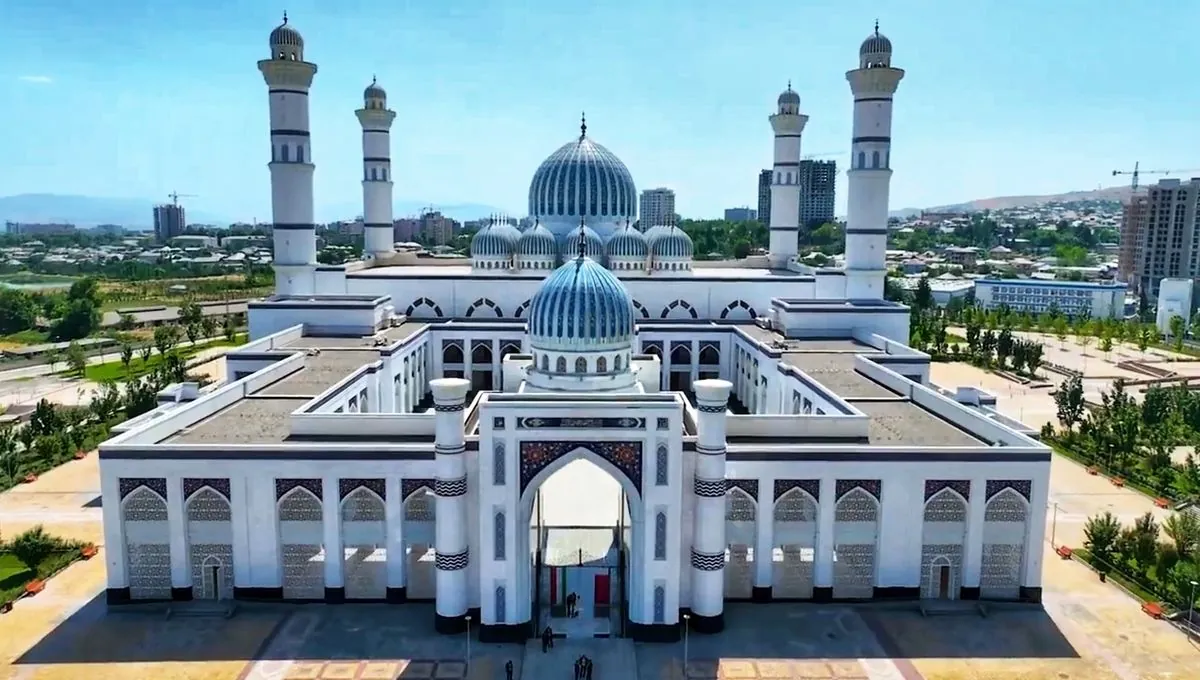Top Tajik Muslim Cleric Survives Stabbing Attack in Dushanbe
Tajikistan's leading Islamic figure, Sayeedmukarram Abduqodirzoda, was stabbed outside a mosque in Dushanbe. The attacker was apprehended, and the cleric sustained minor injuries in the incident.

In a startling incident on September 11, 2024, Sayeedmukarram Abduqodirzoda, Tajikistan's preeminent Muslim cleric, was the target of a stabbing attack outside a central mosque in Dushanbe, the capital city. The Interior Ministry reported that the 61-year-old religious leader suffered minor injuries and was promptly released following a medical examination.
According to official statements, the assailant, described as having "hooligan motives," attacked Abduqodirzoda after a prayer service. Authorities swiftly apprehended the perpetrator and initiated a criminal investigation into the matter.
Abduqodirzoda has held the position of chairman of the Islamic Council of Ulema, Tajikistan's highest Islamic institution, since 2010. This council plays a crucial role in the religious landscape of the country, where the majority of the population adheres to the Hanafi school of Sunni Islam.
Tajikistan, a landlocked nation of approximately 10 million inhabitants, is situated in Central Asia, sharing borders with Afghanistan, Uzbekistan, Kyrgyzstan, and China. The country gained independence from the Soviet Union in 1991 and has since faced various challenges, including a civil war from 1992 to 1997.

Despite its tumultuous history, Tajikistan boasts some remarkable features. It is home to the Pamir Mountains, often referred to as the "Roof of the World," and has the youngest population in Central Asia, with a median age of 22.8 years. The nation also maintains an impressive literacy rate of over 99%, one of the highest in the region.
However, Tajikistan grapples with economic difficulties, relying heavily on remittances from citizens working abroad. It is considered the poorest among former Soviet republics. The government, led by President Emomali Rahmon since 1994, has implemented strict regulations on religious practices in response to concerns about religious extremism and terrorism.
The attack on Abduqodirzoda highlights the ongoing tensions surrounding religious leadership in the country. As Tajikistan continues to navigate its path in the modern world, balancing religious traditions with security concerns remains a significant challenge.
"A person with hooligan motives had stabbed Abduqodirzoda following a prayer service at a mosque."
This incident serves as a reminder of the complex interplay between religion, politics, and security in Central Asian nations. As Tajikistan moves forward, the safety of religious leaders and the preservation of religious freedom will likely remain topics of crucial importance for both the government and the populace.


































